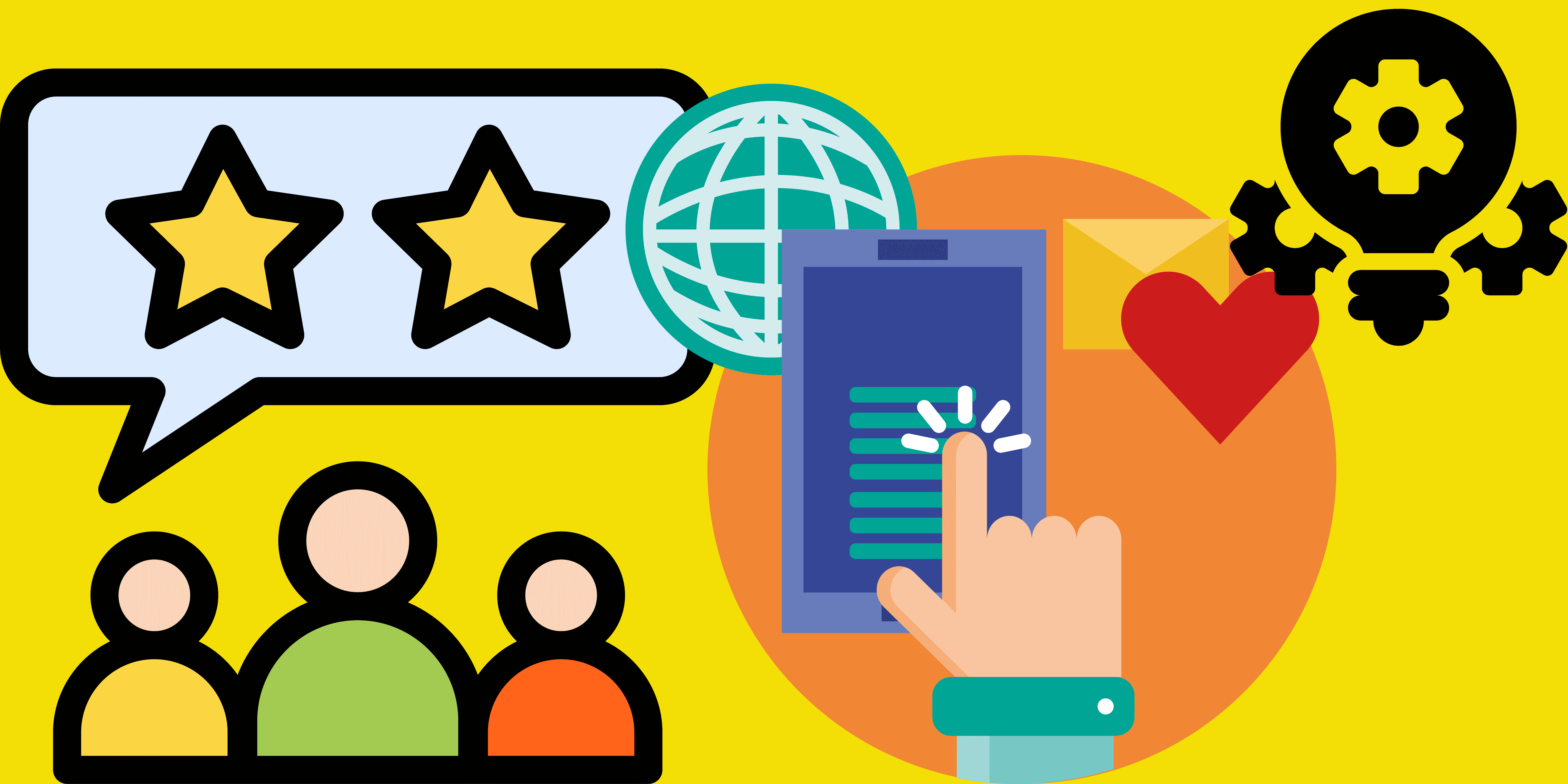
Decoding Influencer Marketing for B2B Brands: Navigating the Digital Landscape for Success
In the realm of B2B marketing, where relationships and trust play pivotal roles, influencer marketing is evolving as a strategic approach to connect with businesses on a more personal level. In this blog, we’ll delve into the nuances of influencer marketing for B2B brands, unlocking the keys to success in the digital age.
1. Identifying the Right B2B Influencers
• Thought Leaders and Industry Experts: Collaborate with influencers who are recognized as thought leaders in your industry, as their expertise can lend credibility to your brand.
• Relevance and Authority: Look for influencers with a strong online presence and authority in your specific B2B niche.
2. Content Alignment with B2B Audience
• Educational Content: B2B audiences seek valuable, educational content. Ensure influencers can create content that addresses industry challenges, trends, and solutions.
• Case Studies and Testimonials: Leverage influencers to share success stories or provide testimonials, highlighting the practical benefits of your B2B product or service.
3. Long-Form Content Collaboration
• Webinars and Podcasts: Partner with influencers for webinars, podcasts, or long-form content where in-depth discussions can unfold, demonstrating your brand’s expertise.
• Whitepapers and E-Books: Co-create informative whitepapers or e-books that showcase your B2B brand’s knowledge and insights.
4. Building Credibility Through Influencers
• Third-Party Validation: Influencers provide a valuable form of third-party validation, adding credibility to your B2B brand.
• Endorsement of Solutions: Have influencers endorse your products or services, emphasizing how they address real challenges within the B2B landscape.
5. Thoughtful Engagement on LinkedIn
• LinkedIn as a Key Platform: Given its professional nature, LinkedIn is a prime platform for B2B influencer marketing.
• Thoughtful Commentary: Encourage influencers to engage in thoughtful commentary, sharing industry insights and sparking conversations within LinkedIn communities.
6. Strategic Event Collaborations
• Virtual Summits and Conferences: Partner with influencers for virtual summits or conferences, extending your B2B brand’s reach to a wider audience.
• Live Q&A Sessions: Host live Q&A sessions with influencers, allowing your audience to interact directly and gain insights.
7. Data-Driven Influencer Selection
• Audience Analysis: Use data analytics to understand the demographics and preferences of an influencer’s audience, ensuring alignment with your B2B target market.
• Trackable Metrics: Establish key performance indicators (KPIs) and track metrics such as lead generation, conversion rates, and engagement.
8. Authenticity in B2B Influencer Marketing
• Transparency: Authenticity is crucial in B2B influencer marketing. Ensure that influencers genuinely align with your brand values and beliefs.
• Employee Advocacy: Encourage employees to become influencers, sharing their expertise and experiences within the industry.
9. Measuring ROI and Adjusting Strategies
• Attribution Modeling: Implement attribution models to track the influence of your B2B influencers throughout the customer journey.
• Continuous Optimization: Regularly assess the performance of influencer campaigns, adapting strategies based on data-driven insights.
B2B influencer marketing, when executed strategically, can foster meaningful connections, build trust, and elevate your brand within the digital landscape. By aligning with the right influencers, creating valuable content, and maintaining authenticity, B2B brands can navigate the complexities of the digital age with confidence and success.

